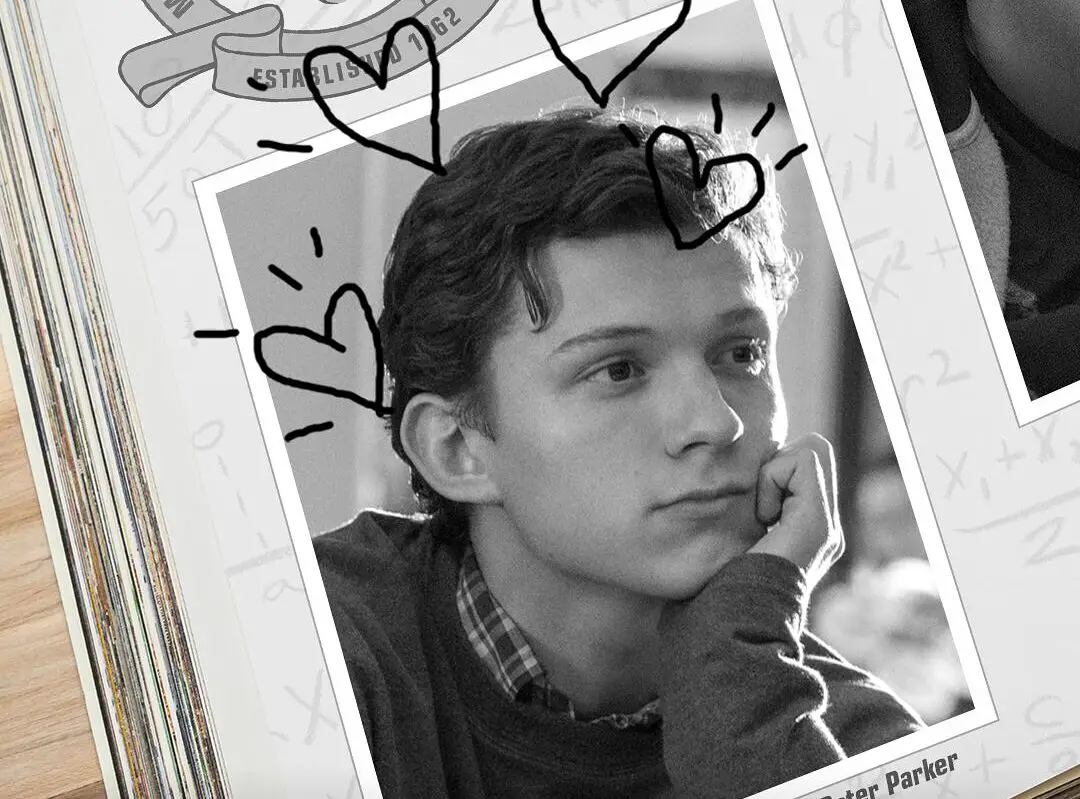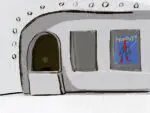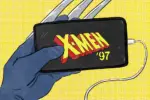“Spider-Man: Far From Home,” the latest entry in Marvel’s ever-expanding cinematic universe, is a rather comedic follow-up to the universe-shattering “Avengers: Endgame.” The film, on the whole, does a fantastic job of balancing an overtly humorous tone while still giving the audience some real tear-jerking moments.
While the film exists on its own merit, it spends a good deal of time paying tribute to the classic themes and ideas touched on in many Spider-Man films, namely responsibility and Peter Parker’s lack of self-confidence. Tom Holland, who portrays Parker, manages to craft a character who is relatable, somewhat awkward, vulnerable, but ultimately lovable.
However, the part of the movie that has the biggest effect on Peter’s character isn’t even a part of the actual film but is instead the end credits scene.
Heads up, from here on there will be spoilers for “Far from Home” and other previous Marvel movies.
The film follows Peter Parker on a class trip to Europe as he plans to confess his feelings for his classmate MJ during the trip. Of course, nothing can go as planned in the life of a superhero. Nick Fury shows up demanding Peter help stop a monumental threat. This is when Peter meets Quentin Beck, also known as Mysterio.
The supposedly off-world superhero becomes somewhat of a mentor to Peter, who is struggling with the weight of responsibility that Iron Man’s death has left him with. Eventually, Peter decides to give Quentin a pair of special AI glasses that Tony left him.
It is then revealed that Quentin is really the villain of the story, creating complex, lifelike illusions that he pretends to fight in order to turn himself into a world-renowned superhero. It’s up to Peter to overcome his insecurity and Quentin’s illusions and take him down. In the end, Mysterio is defeated, but, before he dies, he tells Peter that there is more coming.
Peter is able to return home safe with his classmates. He and MJ have both realized their feelings for each other, so when the credits roll, the audience assumes a happily-ever-after ending — until the next Spider-Man film, at least. Peter has more confidence and recognizes the importance of accepting the responsibility of a superhero.
Midway through the credits of “Far From Home,” we see Peter taking MJ for a swing through the city — a cute and light-hearted scene between the two. However, just before they can say their goodbyes they are interrupted by a news broadcast.
This is where the story takes a much darker and intense turn.
The person on the broadcast is J. Jonah Jameson, an important supporting character in most Spider-Man stories that, so far, hadn’t been present in the MCU. During the broadcast, he not only shows manipulated footage of Quentin “revealing” that Spider-Man orchestrated the attack in London, but also reveals Peter Parker as Spider-Man’s true identity.
The scene ends on a horrified Peter realizing that the whole world now believes him to be a criminal, his picture broadcast on every screen in Times Square.
This short scene left the audience with a lot to take in. As a fan of the original “Spider-Man” film trilogy of the 2000s, it was really exciting to see J. K. Simmons come and reprise his role as Jameson. One can only hope he will continue to play a role in future films. It’s a really nice callback to the atmosphere of the older films, something the MCU has steered away from up to this point.
Typically in Spider-Man films, the character is first seen as a public menace having to deal with people like Jameson. However, the MCU hasn’t really seen Peter struggle with these things. Sure he has a lot of self-doubts and struggles with the responsibility that comes with being a hero, but it’s done far differently than in previous films.
Now the MCU has done it again, taking a traditional Spider-Man story and putting its own spin on it. Peter is going to have to deal with public scrutiny as Spider-Man as he has in other movies, but by revealing Peter’s secret identity, Marvel has significantly upped the ante. It really opens up the next film to many possibilities of where to go with the story and character.
They could make a film about Peter having to go into hiding, possibly joining SHIELD for protection as he struggles to clear his own name while trying to protect himself and his loved ones.
There are also many different villains that could be brought in for a film like this. Kraven the Hunter could be a great antagonist, perhaps having been hired to hunt down Peter for his supposed crimes.
Even the Sinister Six could make an appearance considering that some of its members have already made an appearance in the MCU — namely Scorpion, Vulture and Mysterio. Overall, there are so many possibilities for the MCU to explore with heavy consequences for the web-slinger.
Ultimately, the greatest consequence isn’t to Peter’s life but to his character. Throughout “Far From Home,” the main themes were Peter’s struggle with the responsibility others placed on him to be the next Iron Man.
This struggle leads him to make a monumental mistake in giving Tony’s glasses to Beck. It is Peter’s reluctance to take responsibility and be the hero that drives the film and directly gives the villain the very thing he needs to initiate his plan.
It is also what leads to Peter being framed and having his secret identity revealed.
If he had never given Beck the glasses, all these tragic things would have been avoided. Now in future films, Peter will have to wrestle with the consequences of the choices he made. He will have to take responsibility, not for Tony’s legacy or his superpowers, but instead for his mistakes.
“Spider-Man: Far from Home” was a good follow-up to “Avengers: Endgame,” dealing with Peter’s attempt to return to his normal life after the events of both “Endgame” and “Infinity War” that ultimately culminated in his mentor’s death. It was a breath of fresh air after the emotional rollercoaster of the previous films and gave a lot of closure for Peter’s character.
But the end credits scene proved that the creators aren’t afraid to take the character in a fresh, new direction, something that could greatly benefit the MCU.
















